As the Covid-19 vaccination becomes more widely available and borders re-open, the question of which vaccines are accepted by each country has arisen. While the World Health Organisation (WHO) has advised that all vaccines it has approved should be recognised, many countries are ‘picking and choosing’ which they’ll accept. As an example, the United Kingdom has allowed quarantine free entry to vaccinated visitors from Europe, except those from France, unless they have received a ‘recognised vaccine’.
Is mine a recognised vaccine?
According to the WHO, who oversees such matters, all vaccines approved by WHO should be recognised by all countries, whether they choose to administer them or not. However, the reality has proven somewhat different. That’s quite apart from the fact that large swathes of the world (think most of the African nations) still have very low vaccination rates. Fortunately, as most countries begin to move towards the virus becoming endemic, most people will have received a ‘recognised vaccine’.
Some countries allow entry to those with recognised vaccines, but may require pre-departure and/or arrival testing and a recognised Vaccination certificate. It is the certificate that must be recognised, regardless of your vaccine. Most countries are taking care to carefully authenticate certificates, so they are available in either digital or printed form, or both.
To check the recognition of your vaccine and what it can be used for, you will need to check the entry requirements of the country you are travelling to. Some countries recognise certain vaccines for general entry and certain vaccines only for specific categories. Others do not recognise vaccines from specific countries.
One example is the United Kingdom’s general acceptance of Astra Zeneca, Pfizer and Moderna vaccines for quarantine free entry. Entry with quarantine for vaccines including the Sinovac vaccine. (this may be shorter than for unvaccinated travellers.) You can check the current situation HERE, as well as see a list of countries who have recognised Vaccination certificates.
Australia accepts Pfizer (Comirnaty), AstraZeneca (Vaxzevria), Moderna (Spikevax) and COVID-19 Vaccine Janssen vaccines and limited acceptance for China’s Coronavac (Sinovac) and Covishield (AstraZeneca/Serum Institute of India). China’s Sinopharm BBIBP-CorV is also on the list, but only for recipients under 60. More have been approved in recent weeks.
Although these conditions apply Australia-wide, the different States may have differing rules on quarantine free entry, and you should check the current status before you depart. Check the current status of different vaccines HERE.
How do the rules vary?
Apart from vaccine type, some countries have differing requirements regarding the number of doses required for someone to be considered fully vaccinated.
Israel has introduced new rules for determining Covid-19 vaccination status, making a booster shot a requirement for full inoculation and vaccination passports.
Malaysia recognises all WHO Listed vaccines as well as full regimen Covid-19 vaccines not listed under the World Health Organization’s Emergency Use Listing.
These include:
- Zifivac
- Minhai
- CoviVac
- Medigen
- ZyCoV-D
- Turkovac
- Covifenz
Malaysian borders open to travellers from all countries from 1st April. Fully vaccinated travellers will no longer be required to quarantine, however unvaccinated arrivals will be required to do so. Check the updates HERE.
India has relaxed entry requirements for travellers from countries which have an agreement with India on mutual recognition of vaccination certificates. These must be nationally recognised or WHO recognised vaccines.
Singapore recognises the vaccination status uploaded on Malaysia’s MySejahtera App. All travellers on the Singapore-Kuala Lumpur VTL flight must register and upload their digital vaccination certificates (with QR code) and pre-departure test results on the MySafeTravel portal. Singapore also recognises the status of travellers using Vaccinated Travel Lane (VTL) lanes that have been implemented over the past few months, from various countries. Singapore will allow quarantine free entry to all vaccinated travellers from 1st April 2022. You can also get more information HERE.
One thing that’s important to remember in this ever changing situation is that it it always your responsibility to check the latest information from official sources (Health/Immigration/Transport) in your destination country. Two Malaysian brothers found out the hard way when they were refused entry into Germany because their Sinovac vaccine is not on the list, even though their booster dose is. Germany currently offers only five vaccines to its citizens – Pfizer-BioNTech, Johnson & Johnson, Moderna, Novavax and AstraZeneca. You can read the full story here. You can check the entry and quarantine rules for Germany HERE.
Proving Covid-19 vaccination status
This useful LINK from SIA’s website has different countries’ requirements. This page is updated regularly and is a quick way to find entry requirements to countries to and from which Singapore has flights. It has both general entry information and more specific requirements from a link to each country’s official government site.
There are a number of ways vaccination status can be presented.
- A card, either hand filled, or machine printed like the old yellow WHO vaccine cards.
- A certificate printed or in digital format on a phone, issued by a government body (Malaysia uses a Smart app called MySejahtera) Many countries will require a printed version.
Most countries seem to be moving towards mutual recognition arrangements, at least while waiting for the earlier mooted digital passes issued by an airline or the International Air Transport Association (IATA), IATA Travel Pass Initiative. As international travel picks up again post-covid, many airlines seem to be accepting government certified certificates for travel on a bilateral basis. However, the use of the travel pass seems to be picking up, with Qantas stating :
…. Qantas has partnered with the International Air Transport Association (IATA) to make the travelling experience easier during COVID-19. …. Qantas will be progressively rolling out the IATA Travel Pass on all Qantas International flights but we are delighted customers will be able to start using the IATA Travel Pass on all Qantas flights from Australia to the UK from 17 December 2021 onwards. View Frequently Asked Questions specific to the IATA Travel Pass.
Please check with your airline to ensure you have the correct documents prepared, and use the passes required as they will make your journey much smoother.
Before you depart you should confirm that your Vaccination Certificate will be recognised by your destination country. A number of Malaysian travellers discovered this the hard way after arriving in The Philippines after the government opened its borders to fully vaccinated international travellers on 10th February. They had a nervous wait overnight before their Ambassador was able to assist after confirmation that a mutual recognition arrangement was in place. Since then, the Philippines Embassy in Malaysia has issued a statement confirming full acceptance of the Malaysian digital vaccination certificate and considers the issue resolved following Malaysia’s acceptance/recognition of the Philippine vaccine certificate, VaxCertPH.
For travellers to Australia the Digital Passenger Declaration (DPD) has replaced the Australia Travel Declaration. It is attached to your passport number and contains your vaccination certificate, among other information. The Australian borders reopened on 21st February for quarantine free entry. You can see the steps required in the App Link screenshots here.
What the World Health Organisation (WHO) says
You can find the full list of vaccines including type and stage of approval in the WHO website. An explanation of Emergency Use Listing is given on this page along with the Guidelines on Emergency Use .
These are the recommendations from the WHO for Member states regarding proof of COVID-19 vaccination or recovery in the context of international travel. As can be seen above, while countries are advised to use a risk-based approach, modifications are made to suit the local situation.
WHO recommends that Member States:
- not require proof of COVD-19 vaccination as a mandatory condition for entry to or exit from a country.
- consider a risk-based approach to the facilitation of international travel by lifting measures, such as testing and/or quarantine requirements, to individual travellers who:
- are fully vaccinated, at least two weeks prior to travelling, with COVID-19 vaccines listed by WHO for emergency use, or approved by a stringent regulatory authority
or
-
- have had previous SARS-CoV-2 infection as confirmed by real time RT-PCR (rRT-PCR) within the 6 months prior to travelling
- and are no longer infectious as per WHO’s criteria for releasing COVID-19 patients from isolation.
- have had previous SARS-CoV-2 infection as confirmed by real time RT-PCR (rRT-PCR) within the 6 months prior to travelling
- If testing and/or quarantine requirements are lifted for travellers who meet the above-mentioned criteria, offer alternatives to travel for individuals who are unvaccinated or do not have proof of past infection, such as through the use of negative rRT-PCR tests,
or
- antigen detection rapid diagnostic tests (Ag-RDTs) that are listed by WHO for emergency use or approved by other stringent regulatory authorities.
National authorities may also use other certificates of COVID-19 health status, some in digital format, as recommended by regional or global intergovernmental bodies.
- Where digital certificates of “COVID-19 status” are used, suitable solutions should be developed to allow for cross-border verification.
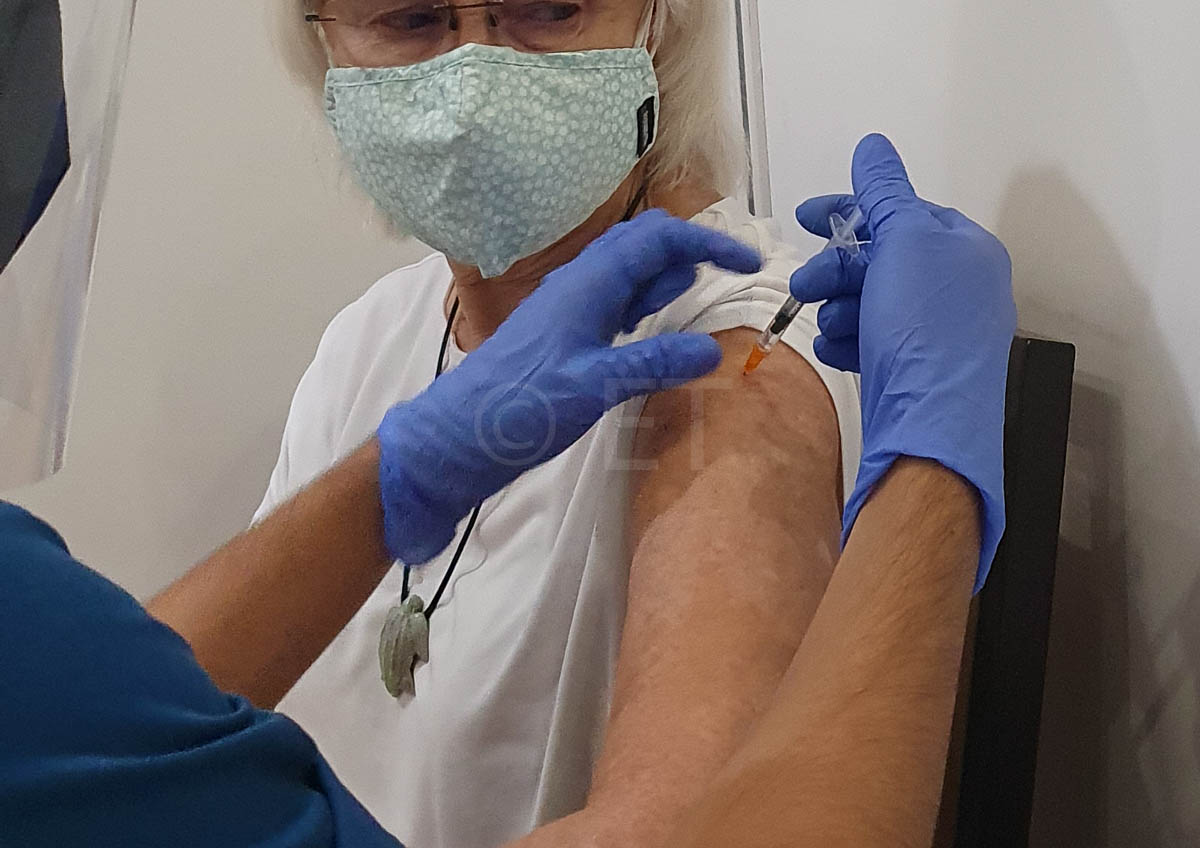
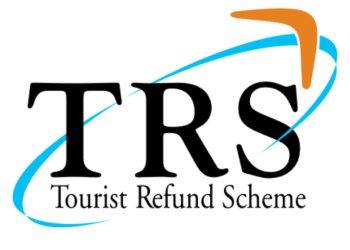
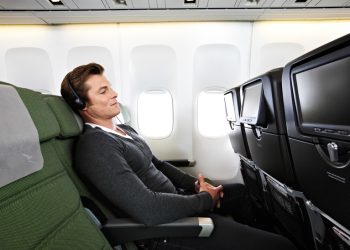

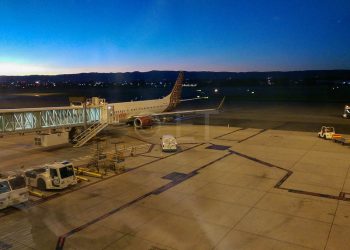
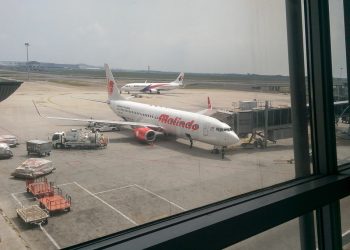

This Post Has 0 Comments